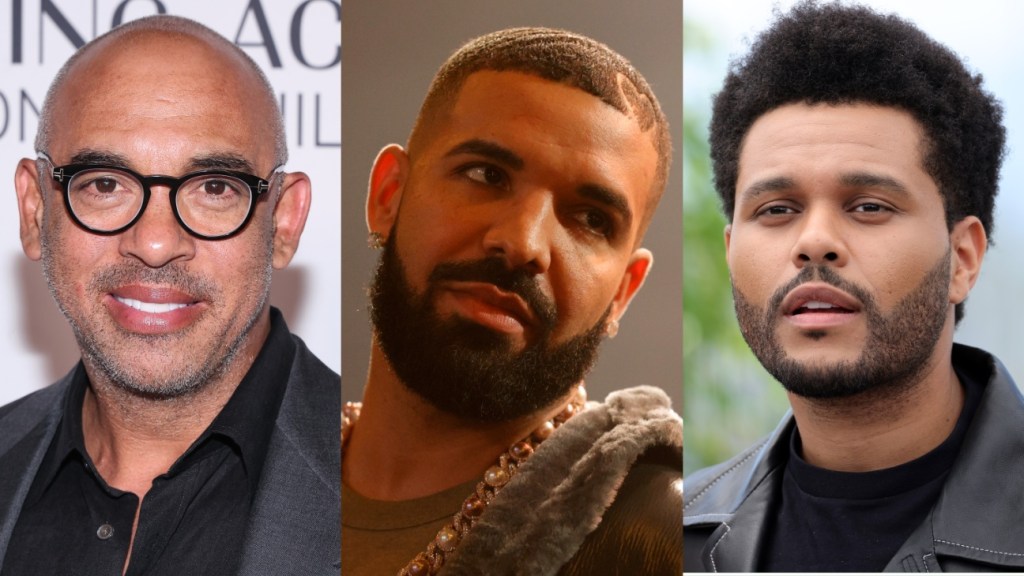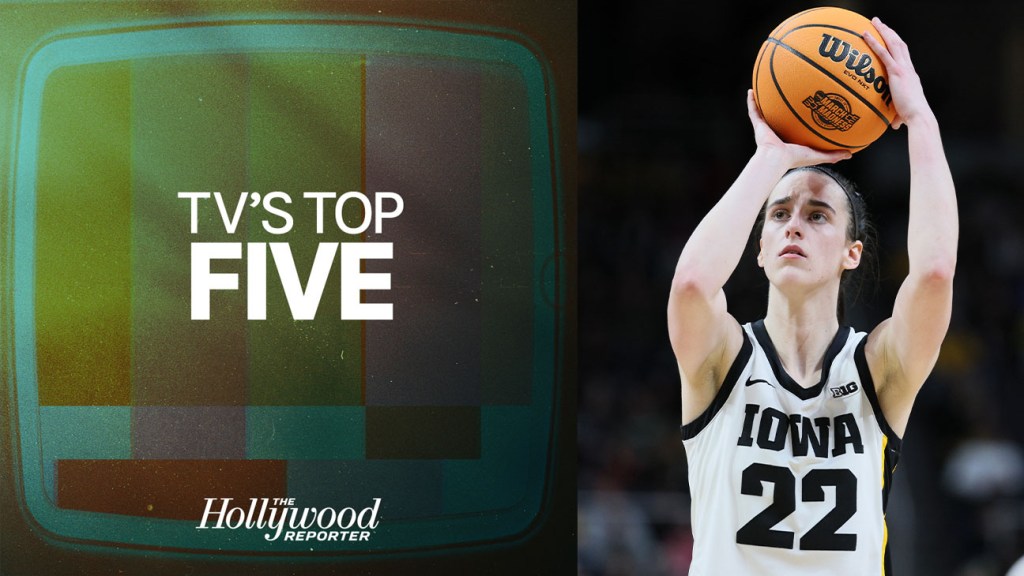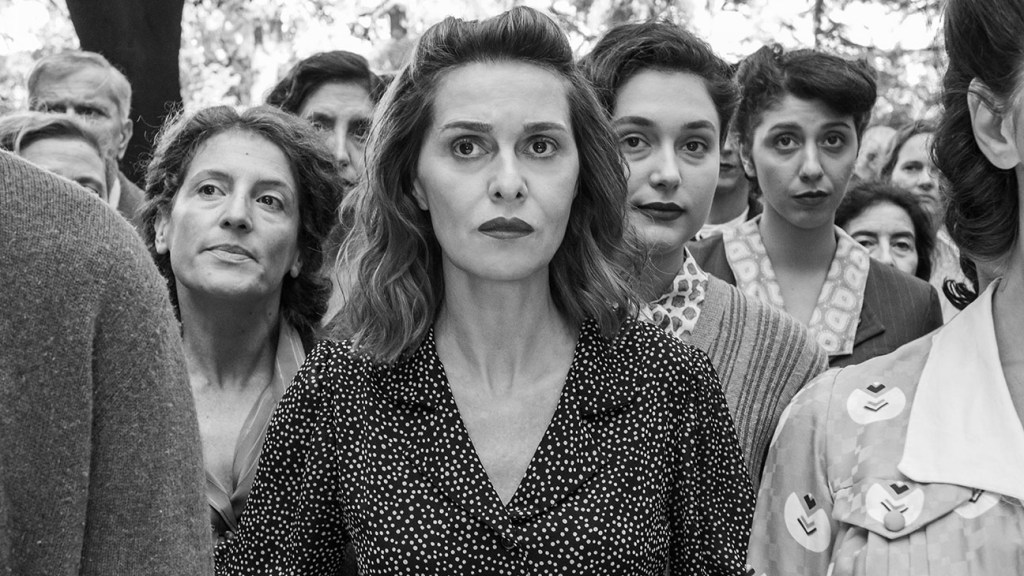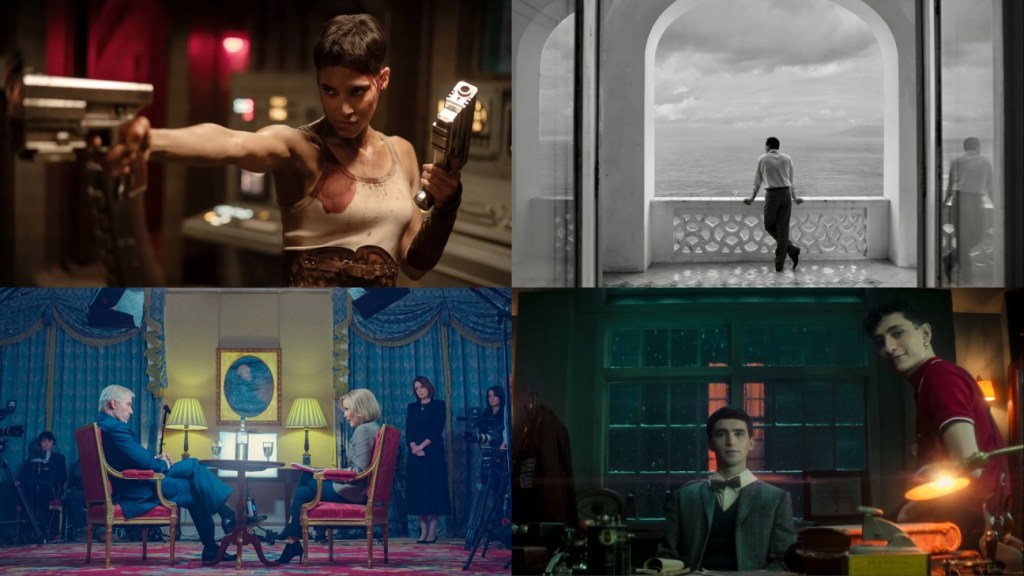After it was reported this week that a viral AI song that imitates the singing of Drake and The Weeknd has been submitted for next year’s Grammy Awards, Recording Academy boss Harvey Mason Jr. took to social media on Thursday night to delete “inaccurate information” about the suitability of AI songs.
On Tuesday, The New York Times reported that Ghostwriter, an anonymous artist who produces AI tracks featuring computer-generated vocals from artists such as Travis Scott, 21 Savage and others, would submit his viral AI track “Heart on My Sleeve” for Grammy consideration. The track, which uses AI singing to mimic Drake and The Weeknd, was uploaded to music streaming services Spotify, Apple Music and YouTube Music on April 4, but was quickly removed following a copyright claim by Universal Music Group.
In the Just Story: The Ghostwriting team announced that it has submitted “Heart on My Sleeve” for Grammy recognition in two categories at the 2024 edition of the awards, including Best Rap Song and Best Song of the Year. The authors of the winning title will be honored in these two categories.
“As far as the creative side goes, it’s absolutely suitable because it was written by a human being,” Mason said of the suitability of “Heart on my Sleeve” in an interview with Heart on My Sleeve. Just.
Mason’s reaction caused even more confusion and sparked a backlash on social media. On Thursday, the CEO of the Recording Academy posted a short video on his Instagram in an attempt to clarify admission rules.
“I’m sorry, but I need to clarify some of this bad and really inaccurate information that’s been circulating,” Mason said. “This version of “Heart on My Sleeve,” which uses AI speech modeling and sounds like Drake and The Weeknd, is not eligible for Grammy consideration.”
“Let me be clearer: Although it was written by a human creator, the vocals were not legally acquired, the vocals were not released by the label or artists and the song is not commercially available and for this reason it is “also “ineligible,” Mason continued.
He added: “I accept that [AI] Things very serious. It’s all complicated and it’s moving very, very quickly. I’m sure things will continue to evolve and change. But please, please, don’t be confused. The Academy is here to support, advocate, protect and represent human artists and human creators.”
In June, Mason appeared in an in-depth interview with The Hollywood Reporter, it insisted that the Recording Academy “will not award a Grammy to AI.” However, he said that the Grammys want to recognize music created with AI elements, but fundamentally the song must also be made by humans, and humans must play a larger role in the creation of a track. “You can win a Grammy for the human part of the track,” he explained.













